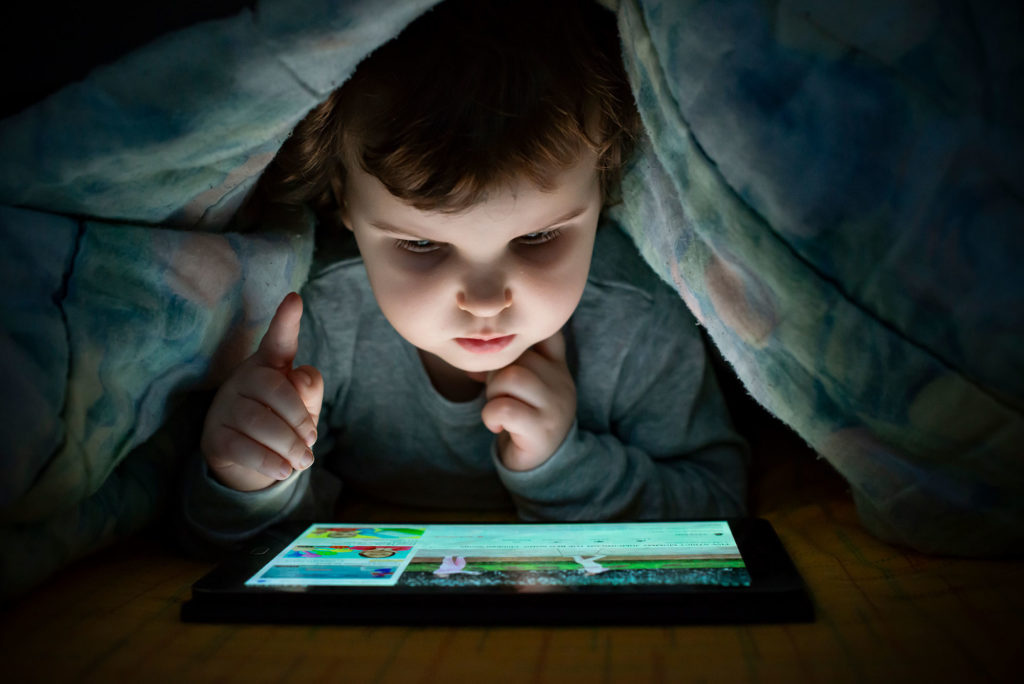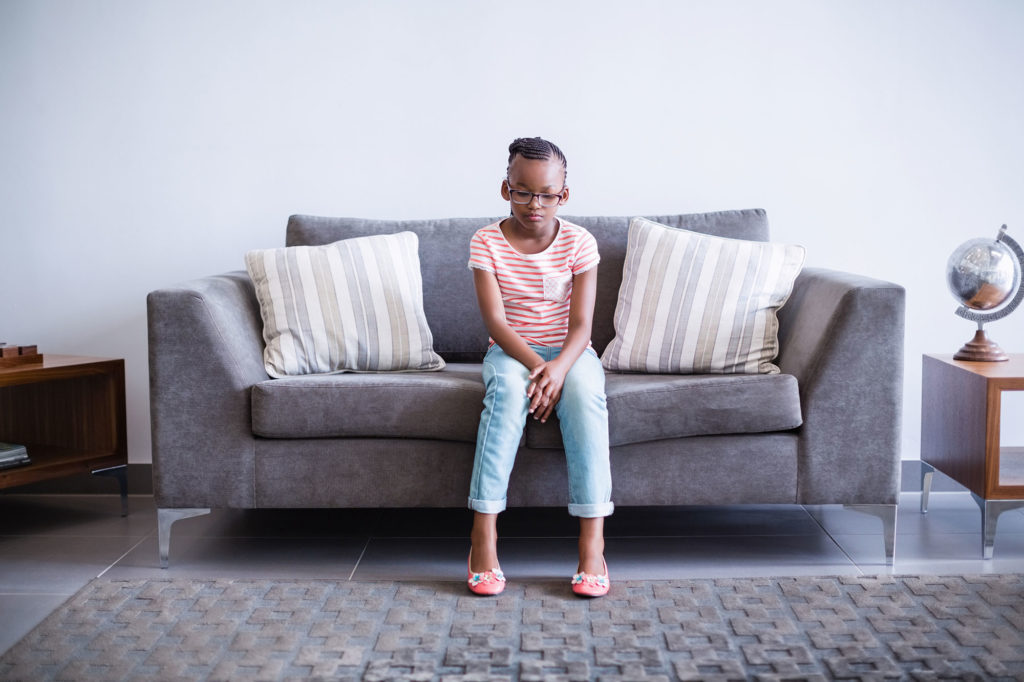As your Denver pediatrician and medical home, we would like to address an issue that can affect every child and family: childhood insomnia. We are sure every parent has at some time experienced their child having trouble falling asleep or staying asleep at night or perhaps waking up too early. This may sadly be an issue with all the recent tragedies, as well (PIP wrote a blog on this issue with some helpful tips). As a general rule, children between the ages of 6 and 12 need about 10 to 11 hours of sleep each night, and teens need about 9 hours of sleep each night.
Symptoms and Possible Causes of Insomnia
Childhood insomnia can unfortunately be disruptive to both the affected child and the family. Everyone knows what it is like to deal with a child who has not had enough sleep! Although no reminder may be necessary, symptoms of insomnia can include:
- Irritability and mood swings,
- Sleepiness during the day,
- Aggression or hyperactivity,
- Memory problems and shortened attention span,
- Disciplinary issues and problems with school,
- Depression
- Worry about bedtime and going to sleep
Insomnia may last for just a few days or weeks, usually when caused by things such as stress, sickness, a medication your child is taking temporarily or drinking caffeinated sodas and energy drinks.
Sleep disruptions happening several times a week for a month or longer may be considered long term insomnia, which may be caused by things such as obstructive sleep apnea, depression, anxiety, allergies, uncontrolled asthma or the use of drugs to treat medical conditions such as ADHD and depression.
Sometimes behavioral issues are behind childhood insomnia, such as when a child depends on their parents to help them sleep. There may also be environmental factors at work, such as the room temperature being too hot or cold or the presence of light (including electronic lights) or noise in the bedroom. And sometimes no obvious reason can be found for a sleeping problem!
Treatment of Insomnia
As your holistic pediatrician practicing both conventional medicine and natural healing, we have some complementary and alternative suggestions for parents to try to help their child enjoy a restful night’s sleep:
- Help your child develop good sleep habits. Sleep does not always come naturally! It can be important to set limits and protocols surrounding your child’s sleep. These may include: restricting time spent in bed to sleeping and not allowing reading, doing homework or watching TV in bed; maintaining a regular sleep schedule and going to bed and waking up at the same time each day, whether or not it’s a school day; avoiding sugary or caffeinated drinks or foods (such as soft drinks, chocolate and energy drinks) 4-6 hours before bedtime; and avoiding stimulating activities beginning an hour before bedtime–if possible, no computers, TV, phones or other electronics or homework during that last hour!
- Create an optimal sleep environment. Try to create a bedroom that is quiet, dark (unless your child needs a nightlight), and a comfortable temperature below 75 degrees Fahrenheit. It may be helpful to remove clocks from the bedroom or any other device creating an electronic glow.
Work to help your child relax: Teaching your children relaxation techniques, such as deep breathing or positive mental imagery, can provide them with tools to help them fall asleep. - Don’t stay in bed when sleep won’t come. If your child can’t sleep, have them get out of bed and do something quiet, like reading, for 15-20 minutes. After 20-30 minutes, have them go back to bed and try again to sleep. Repeat this cycle as necessary.
- Have your child exercise regularly. Encourage your child to be physically active during the day. Physical activity can be a good way to relieve stress, and a tired child is often a sleepy child by the end of the day!
- Try natural sleep remedies. Natural sleep remedies, such as chamomile, magnesium, California poppy or lavender, may be helpful. Consult with your holistic pediatrician to determine what natural sleep remedies may be appropriate for your child and whether there are any chronic conditions (such as allergies) that may prevent their use.
- Try Bach Flower Remedies. The use of Bach Flower Remedies, such as Impatiens, White Chestnut, Star of Bethlehem, Vervain and Mimulus, may also safely and effectively help to remove stress and worries so that your child can relax and sleep.
Although an adult may sometimes use prescription sleep aids to help with insomnia, sleeping medications, such as Ambien and Lunesta, are not approved for use in children. Parents are encouraged to consult with us, your integrative pediatrician, to determine when and if a medical procedure (such as the removal of tonsils and adenoids) or medication may be safe and effective to address a child’s insomnia due to some underlying medical or psychological condition. As a part of our patient centered approach to integrative pediatrics, we can also help you determine whether a counselor or other behavioral specialist may be helpful in addressing a sleep issue.
As Denver’s first integrative pediatric practice, we have over 4 decades of experience with combining traditional western medicine and holistic approaches to help you raise naturally healthy and happy kids. As your holistic pediatrician, we recommend that childhood insomnia be addressed as part of a mind, body and spirit approach to pediatric health. If you have any questions about childhood insomnia, or if you believe your child needs some care, please get in touch with us and we will be happy to help!





Leave a Reply